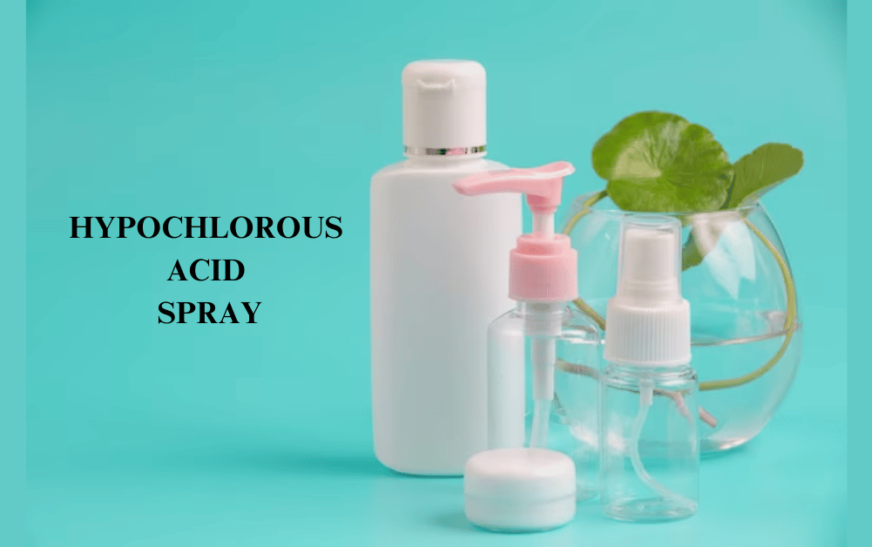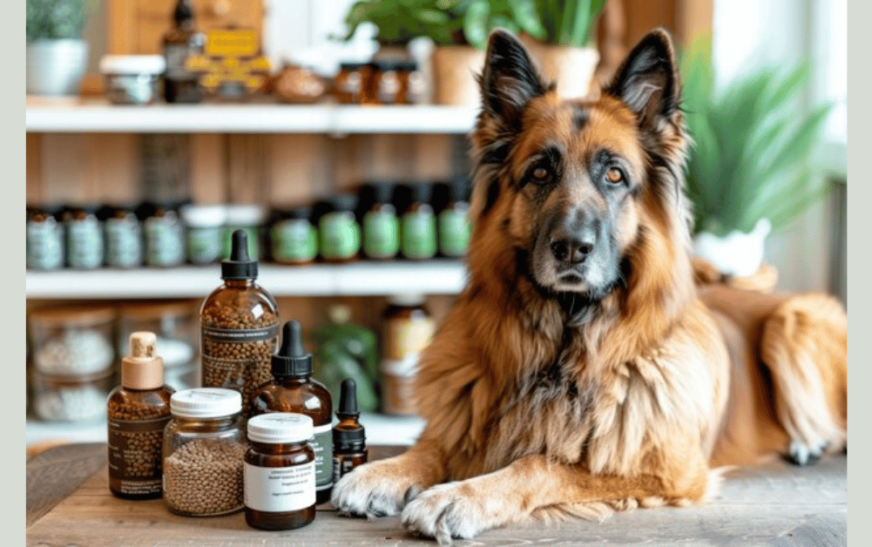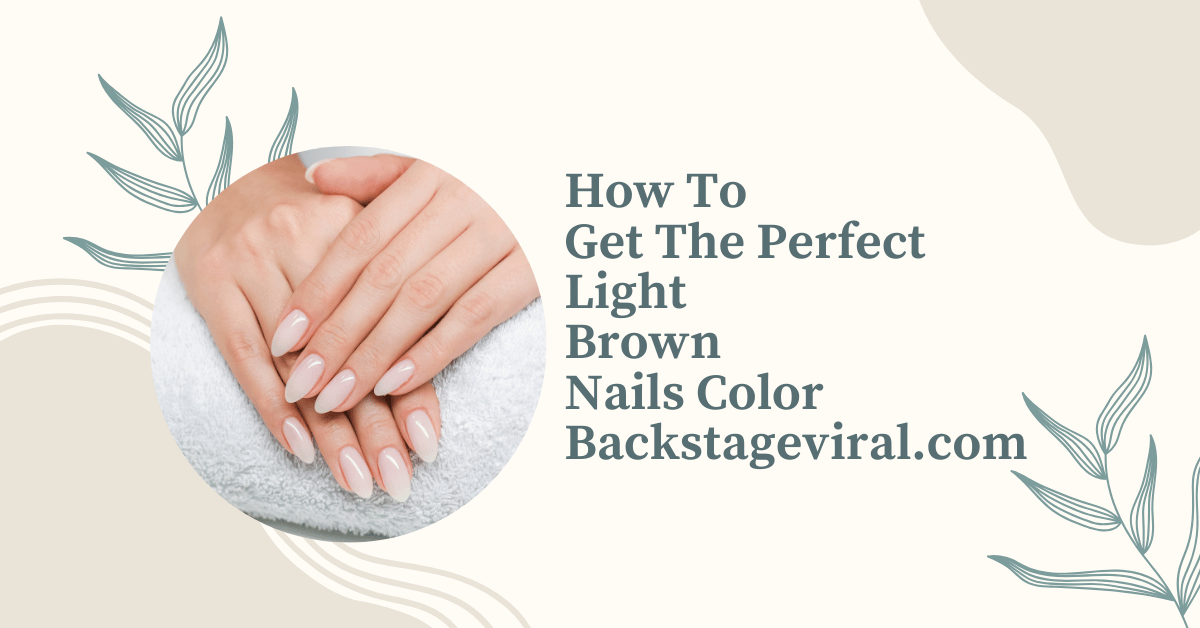In recent years, hypochlorous acid spray (HOCl) has emerged as a noteworthy ingredient in the skincare industry, particularly for its potential to address acne, inflammation, and redness. While hypochlorous acid is commonly associated with disinfectants and cleaners, its role in skincare is becoming increasingly recognized for its unique benefits. This article explores hypochlorous acid’s properties, its use in skincare, and the scientific evidence supporting its efficacy and safety.
What is Hypochlorous Acid?
Hypochlorous acid spray is a weak acid with the chemical formula HOCl. It is known for its strong antimicrobial properties, making it effective in killing bacteria, viruses, and fungi. Despite its potent disinfectant capabilities, hypochlorous acid is relatively mild compared to other strong acids. Its low pH level classifies it as a weak acid, akin to citric acid.
Chemical Properties and Uses
Hypochlorous acid spray is a product of the reaction between chlorine and water. In its pure form, it is a powerful disinfectant used in various applications:
- Surface Cleaners: It is used in cleaning products due to its effectiveness in killing pathogens on surfaces.
- Pool Cleaners: HOCl is utilized to sanitize pool water, ensuring it is free from harmful microorganisms.
- Facial Cleansers: In the skincare industry, hypochlorous acid is found in facial mists and treatments designed to target acne and inflammation.
The ability of hypochlorous acid to combat microorganisms makes it a valuable tool in infection control. However, the concentrations used in cleaning products are far too strong for direct application on the skin.
Hypochlorous Acid in Skincare
The use of hypochlorous acid spray in skincare products is a relatively recent development, and it has gained attention for its potential benefits in managing various skin conditions. Dermatologists and skincare experts have noted its effectiveness in treating acne, reducing inflammation, and calming redness. Here’s a closer look at how hypochlorous acid is applied in skincare:
1. Acne Treatment
Hypochlorous acid’s antimicrobial properties make it an effective treatment for acne. Acne is often caused by the overgrowth of Propionibacterium acnes, a bacterium that thrives in clogged pores. By targeting and reducing the bacterial load on the skin, hypochlorous acid helps to prevent and treat acne outbreaks.
2. Anti-Inflammatory Effects
Inflammation is a common feature of various skin conditions, including acne, rosacea, and eczema. Hypochlorous acid can help to soothe inflamed skin by reducing redness and swelling. Its anti-inflammatory properties contribute to a calmer and more balanced complexion.
3. Redness Reduction
Hypochlorous acid spray is also known for its ability to reduce redness associated with skin irritation and sensitivity. By calming the skin and promoting healing, it can help to improve the overall appearance of the skin and even out skin tone.
Scientific Evidence and Research
The growing popularity of hypochlorous acid in skincare has prompted scientific investigations into its efficacy and safety. Here are some key findings from recent research:
1. Antimicrobial Efficacy
Studies have demonstrated that hypochlorous acid spray is highly effective against a broad spectrum of microorganisms, including bacteria, viruses, and fungi. Research published in the “Journal of Hospital Infection” has shown that HOCl can rapidly kill pathogenic bacteria, making it a valuable component in infection control.
2. Skin Sensitivity and Safety
Research into the safety of hypochlorous acid for topical use has confirmed that it can be used safely on the skin when properly diluted. A study published in “Dermatologic Therapy” found that hypochlorous acid at concentrations of 100 parts per million (ppm) did not cause significant irritation or adverse reactions in patients with sensitive skin.
3. Effectiveness in Acne Treatment
Clinical studies have explored the effectiveness of hypochlorous acid spray in treating acne. One study published in “Clinical, Cosmetic and Investigational Dermatology” found that hypochlorous acid-based facial sprays significantly reduced acne lesions and inflammation in participants. The study concluded that HOCl could be a valuable addition to acne treatment regimens.
4. Anti-Inflammatory Properties
Hypochlorous acid has been shown to have anti-inflammatory effects in various studies. Research published in “Frontiers in Microbiology” indicated that HOCl could reduce inflammation and promote wound healing, which is beneficial for managing inflammatory skin conditions.
How Hypochlorous Acid is Used in Skincare Products
In skincare products, hypochlorous acid spray is typically diluted to a concentration of 100 ppm or lower to ensure safety and efficacy. Here are some common ways in which it is formulated and used:
1. Facial Mists
Hypochlorous acid is often included in facial mists designed to refresh and soothe the skin. These mists can be sprayed directly onto the face to provide a cooling effect and reduce redness and inflammation.
2. Cleansers
Some facial cleansers incorporate hypochlorous acid to enhance their antimicrobial properties. These cleansers help to remove impurities and bacteria from the skin, contributing to a clearer complexion.
3. Spot Treatments
Spot treatments containing hypochlorous acid are formulated to target specific areas of the skin affected by acne or irritation. These products are applied directly to problem areas to provide localized relief.
4. Wound Care
Hypochlorous acid is also used in wound care products to promote healing and prevent infection. Its gentle nature makes it suitable for use on minor cuts, abrasions, and other skin injuries.
Practical Considerations for Using Hypochlorous Acid
1. Choosing the Right Product
When selecting a hypochlorous acid spray product, look for formulations specifically designed for skincare. Ensure that the product has been tested for safety and efficacy and that it contains the appropriate concentration of HOCl for topical use.
2. Patch Testing
Before using a new hypochlorous acid product, perform a patch test to check for any adverse reactions. Apply a small amount of the product to a discreet area of skin and observe for any signs of irritation or sensitivity.
3. Consulting with a Dermatologist
If you have sensitive skin or specific skin concerns, consult with a dermatologist before incorporating hypochlorous acid into your skincare routine. A dermatologist can provide personalized recommendations based on your skin type and condition.
4. Proper Usage
Follow the instructions provided with the product for optimal results. Hypochlorous acid products are typically used as part of a broader skincare regimen, so be sure to incorporate them into a routine that includes cleansing, moisturizing, and sun protection.
Potential Side Effects and Precautions
While hypochlorous acid is generally considered safe for topical use, it’s important to be aware of potential side effects and precautions:
1. Skin Irritation
In rare cases, hypochlorous acid may cause mild irritation or dryness, especially if used in excessive amounts. If you experience any discomfort or adverse reactions, discontinue use and consult with a healthcare professional.
2. Allergic Reactions
Although uncommon, some individuals may have an allergic reaction to hypochlorous acid or other ingredients in the product. If you notice symptoms such as itching, swelling, or redness, seek medical advice.
3. Interactions with Other Products
Be mindful of potential interactions with other skincare products. Hypochlorous acid should generally be compatible with most other ingredients, but it’s always a good idea to monitor how your skin responds to a new product.
Conclusion
Hypochlorous acid spray is an increasingly popular ingredient in skincare, valued for its ability to combat acne, reduce inflammation, and alleviate redness. With its potent antimicrobial properties and gentle nature when properly diluted, hypochlorous acid offers a promising option for addressing various skin concerns.
Scientific research supports the efficacy of hypochlorous acid in treating acne and reducing inflammation, while its safety for topical use has been confirmed in clinical studies. As with any skincare product, it is essential to choose high-quality formulations, perform patch tests, and consult with a dermatologist if needed.
As the skincare industry continues to explore the benefits of hypochlorous acid spray, it is likely that its role in addressing skin issues will become even more prominent. By understanding its properties and applications, you can make informed decisions about incorporating hypochlorous acid into your skincare routine and enjoy its potential benefits for healthier, clearer skin.
Also Read: Understanding CBD for Dogs: Benefits, Research, and Practical Applications








